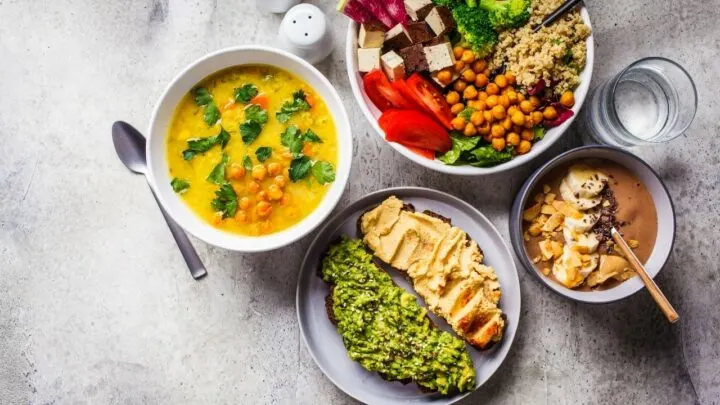When selecting which meal to order at a restaurant, it is helpful to know what is in it.
For some people, knowing the contents of their meal is simply a matter of preference or interest.
For people who do not eat certain foods, however, it can be a more important question.
With the rise of gluten-free, vegetarian, and plant-based food alternatives, many restaurants have started marking their menus to indicate what allergens or animal products a menu item contains.
This saves waitstaff from having to constantly answer questions about what is in the food on their menu.
However, unless the labeling is done clearly, it can be difficult to figure out what it means. For example, what does it mean if a menu says “vegen”?
Well, the answer is, not a lot. “Vegen” does not actually mean anything. It is a common misspelling of another word.
What is the meaning of “vegen”?
“Vegen” is a misspelling of the word vegan. “Vegan” used as a noun refers to a person who refrains from the use or consumption of animal products.
What is the difference between vegetarian and vegan?
Vegetarianism and veganism differ in two fundamental ways.
The first difference has to do with diet. Vegetarians do not eat meat, but they do eat dairy products, eggs, and honey, although many vegetarians try to source these from ethical farms and producers. Vegans do not eat dairy products, eggs, or honey, as all of these are animal products.
To make things even more confusing, pescatarians are vegetarians who also eat fish.
The second difference between vegetarians and vegans is more philosophical.
Vegans are ethically opposed to humans killing or exploiting animals for their own gain. For this reason, they do not use any animal products, including leather and soaps containing animal fats.
Especially strict vegans think veganism also mandates active advocacy for animal rights.
Vegetarianism does not necessarily mean anything about a person’s lifestyle.
Someone can be a vegetarian where their diet is concerned, and still use leather and animal-fat based soap.
What is the difference between plant-based and vegan?
Somewhat confusingly, you will often see “plant-based” being used on a menu to describe a food that contains no animal products.
So, what is the difference between “plant-based” and “vegan” then?
“Plant-based” and “vegan” have the same meaning when it comes to food ingredients. Vegan food is plant-based because its ingredients come entirely from plants and not from animals.
This difference, again, is one of philosophy.
Veganism is a way of life that refrains from making any decisions that lead to the exploitation of animals.
Most, if not all, vegans are opposed to keeping animals in captivity in zoos and using animals in medical testing.
Being plant-based, on the other hand, is solely to do with diet.
Some restaurants and foodstuff producers prefer to use the term “plant-based”, because it does not come with any of the connotations or ethical commitments of the term “vegan”.

Hey fellow Linguaholics! It’s me, Marcel. I am the proud owner of linguaholic.com. Languages have always been my passion and I have studied Linguistics, Computational Linguistics and Sinology at the University of Zurich. It is my utmost pleasure to share with all of you guys what I know about languages and linguistics in general.

